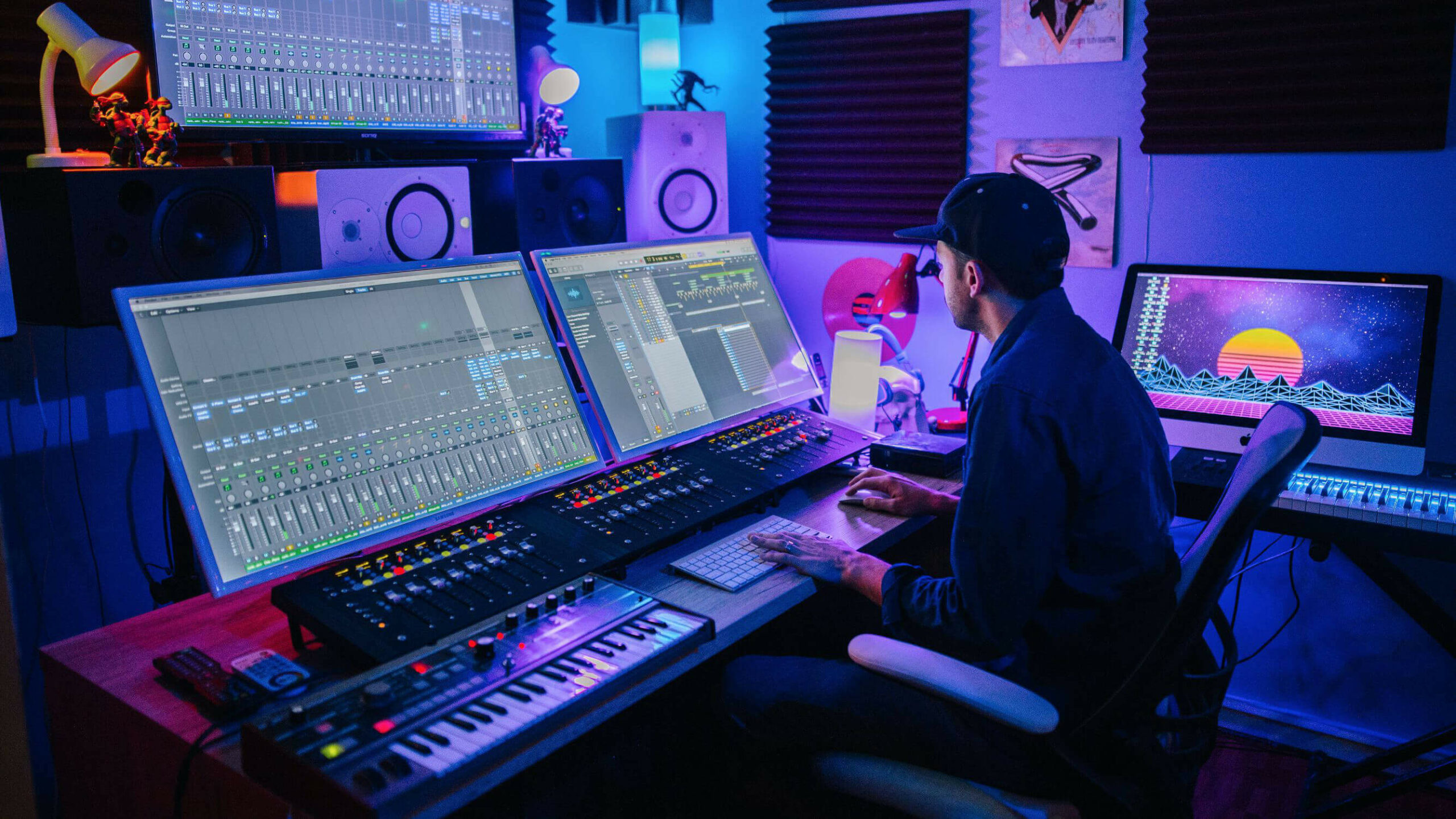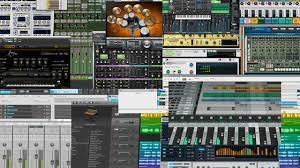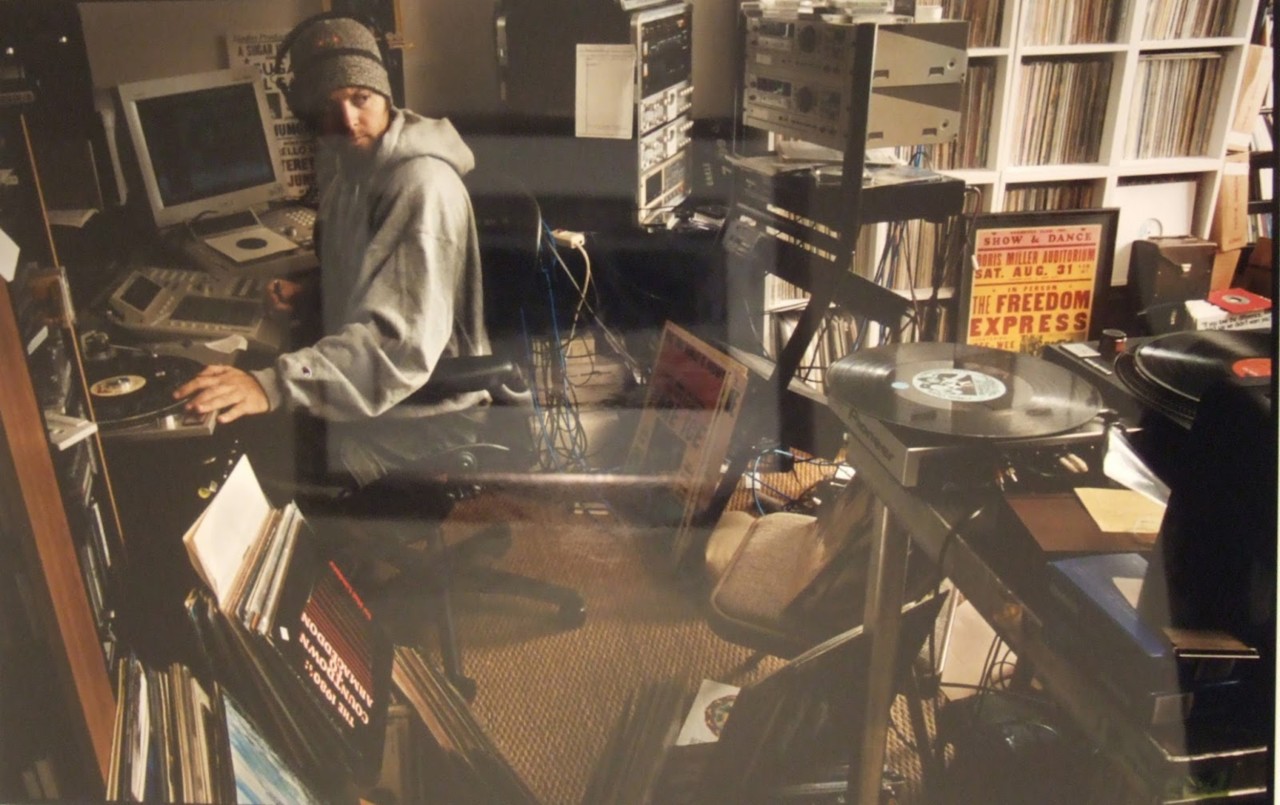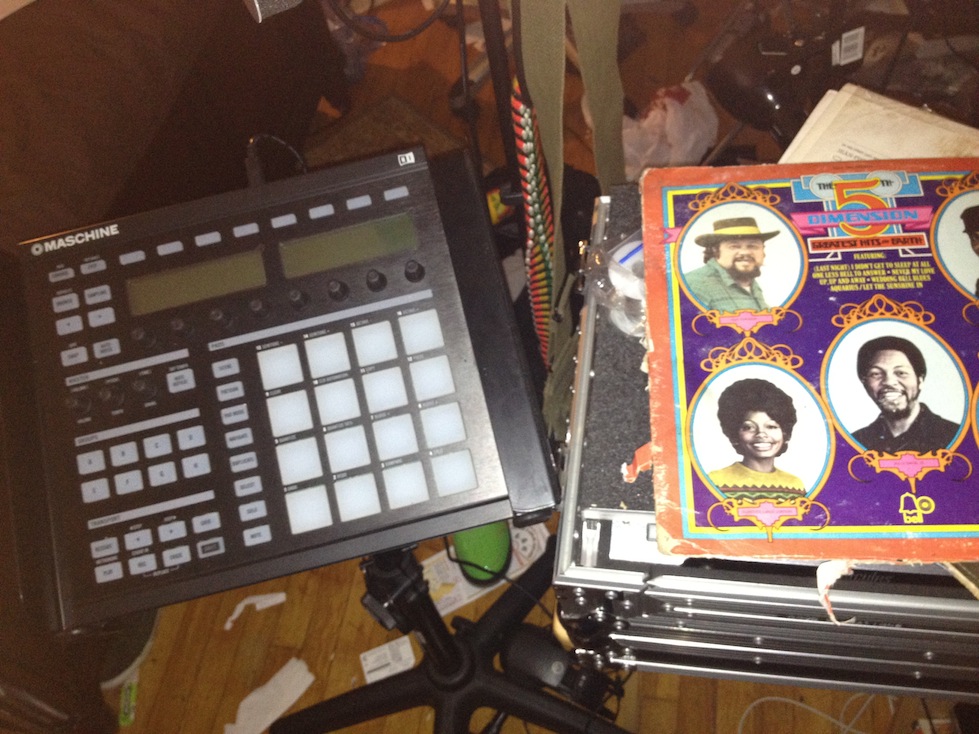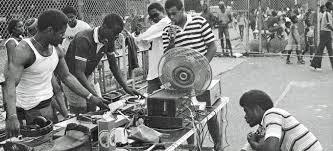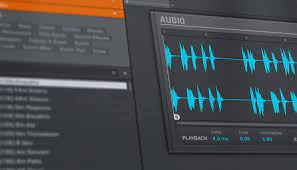Beatmaking is an essential element of the hip-hop genre. The beat provides the foundation for the rapper to flow on top of and sets the tone for the entire song. As a beatmaker, you have the power to shape the sound of hip-hop and make your mark in the industry. If you’re looking to get started as a hip-hop beatmaker, there are a few things you should know. In this article, we’ll cover the basics of beatmaking, the necessary equipment, and some tips on how to create your beats.
Understand the basics of beatmaking
Hip-hop beats are typically made up of four basic elements: drums, bassline, melody, and samples. Drums are the foundation of the beat, and they provide the rhythm and groove of the track. The bassline is the low-end element that drives the track and adds depth and texture. The melody is the main musical element of the beat and is typically created with synths or samples. Lastly, the use of samples adds interest and character to the beat.
Understanding the basics of beatmaking is essential before you start making your own music. To achieve this, you might need to listen to a wide variety of hip-hop beats and analyze how they’re structured. Pay attention to how the different elements of the beat work together to create a cohesive sound. This process might also help you identify your own unique style and preferences (and will probably leave you with a musical crush or two).
Get the necessary Hip-Hop beatmaking equipment
To get started as a hip-hop beatmaker, you’ll need some essential equipment. The good news is that you don’t need to spend a fortune to make beats. Here are the basics you’ll need:
- A computer: You’ll need a computer with a decent amount of processing power to run your beatmaking software. Any modern computer should do the trick.
- Beatmaking software: There are many different beatmaking software options available, ranging from free to expensive. Some popular options include FL Studio, Ableton Live, and Logic Pro. Do some research and find the software that works best for you.
- MIDI controller: A MIDI controller is a device that allows you to control your beatmaking software using physical buttons and knobs. It’s not strictly necessary, but it can make the beatmaking process more intuitive and enjoyable.
- Headphones or monitors: You’ll need a way to listen to your beats accurately. Headphones or studio monitors are ideal, but any decent speakers should work.
Start creating your Hip-Hop beats
Now that you have a basic understanding of beatmaking and the necessary equipment, it’s time to start creating your beats. Here are some tips to get you started:
- Start with the drums: As mentioned earlier, the drums are the foundation of the beat. Start by creating a drum pattern that you like, and build the rest of the beat around it.
- Experiment with different sounds: There are countless drum samples and virtual instruments available, so don’t be afraid to experiment with different sounds until you find something you like.
- Keep it simple: You don’t need to create a complex beat to make something great. Often, the most effective beats are simple and straightforward.
- Use samples creatively: Samples are a great way to add interest to your beats. Try chopping up a sample and rearranging it in a unique way.
- Don’t be afraid to make mistakes: Making mistakes is part of the creative process. Don’t be too hard on yourself if you don’t create something great right away. Keep experimenting, and you’ll eventually create something you love.
Collaborate with other Hip-Hop beatmakers
Collaborating with other artists is an excellent way to improve your beatmaking skills and help your beats reach a wider audience. Here are some ways you can collaborate with others:
- Find a rapper to work with: Reach out to local rappers or post on social media to find someone to collaborate with. Working with a rapper can help infuse your music with storytelling depth and panache.
Conclusion
Hip-hop beatmaking is an exciting and rewarding art form that allows you to express yourself creatively and contribute to the ever-evolving sound of hip-hop. By understanding the basics of beatmaking, getting the necessary equipment, and creating your first loops, you will embark on an unforgettable musical adventure. Last but not least, remember to keep experimenting, collaborating with others, and learning from your mistakes. With time, practice, and dedication, you can develop your own unique sound and make your mark in the hip-hop world.
FAQ for Hip-Hop Beatmaking 101
No, formal music training is not necessarily required to become a hip-hop beatmaker. While having a background in music theory or production can be helpful, many successful beatmakers are self-taught and rely on their own experimentation and creativity to develop their skills.
To get started with beatmaking, you will need a computer or other device that can run beat-making software, such as a digital audio workstation (DAW). You may also want to invest in a MIDI controller, drum machine, or other hardware to enhance your sound and creativity. However, it’s possible to create beats using just a computer and software, so don’t let the cost of equipment hold you back from getting started.
Answer: Developing your own unique sound as a beatmaker takes time, practice, and experimentation. Try to incorporate different musical genres and influences into your beats, and don’t be afraid to take risks and try new things. Collaborating with other musicians, such as rappers or singers, can also help you develop your sound and expand your creative horizons.
There are many ways to promote your beats and get them heard by others, such as sharing them on social media platforms like Instagram and TikTok, uploading them to SoundCloud or other streaming platforms, and collaborating with other artists and producers. Building a strong online presence and networking with others in the music industry can also help you gain exposure and build a fan base for your beats.

